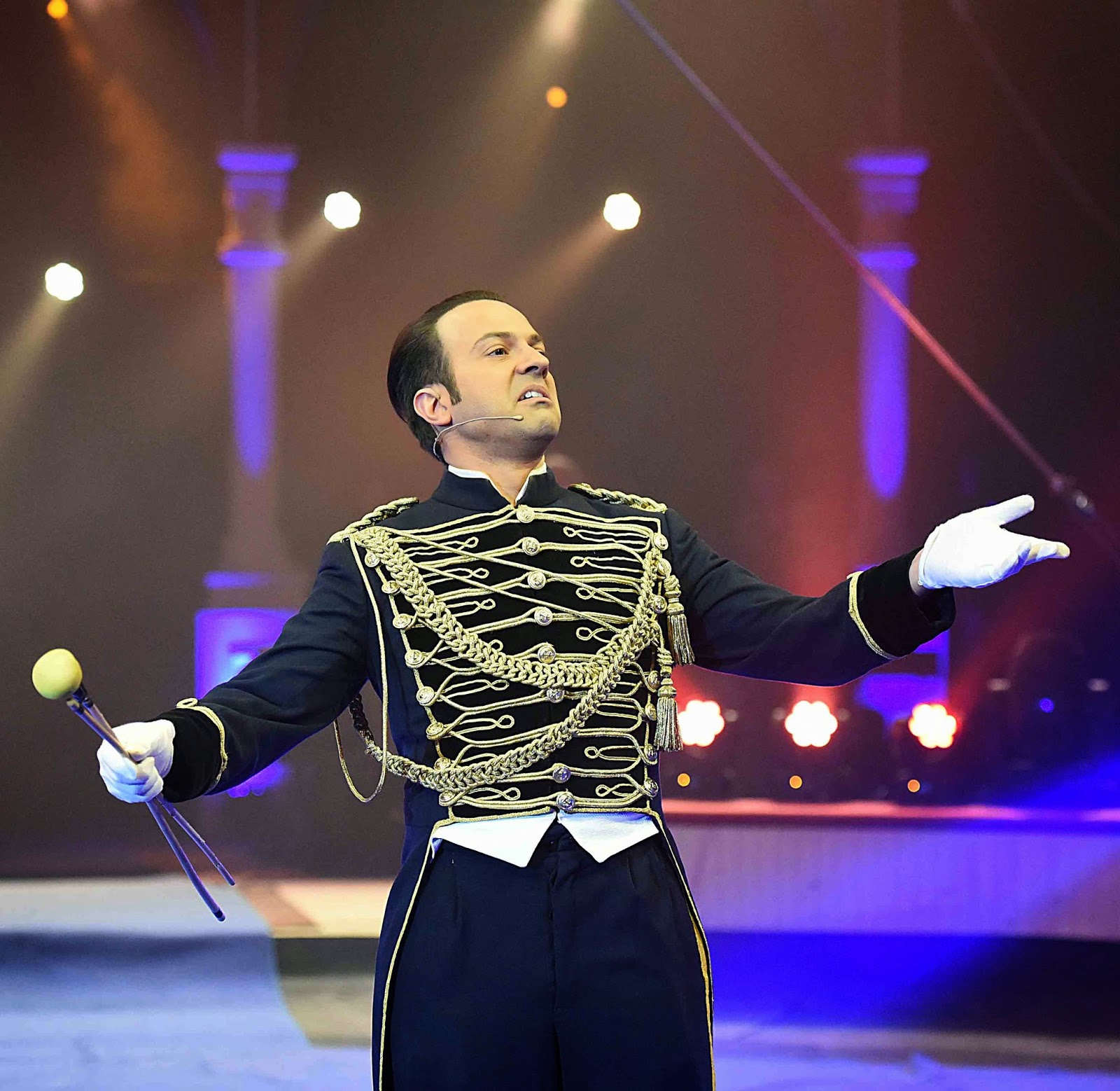There are some very important things that every artist should know before they try and make it as a professional. In several discussions, talks, interviews and advices in the last years i discovered that the old generation of “star attractions” had a sort of framework to get them on track with every new thing they created. Let me share the best points of advice with you:
1. Sincerity
People want to see you laugh, sweat, work and even they want to see the ends of your physical and mental limits. An act where everything seems too easy is for many people not interesting. In fact, they might even enjoy to see you fail. They want to admire you and your skills.
2. Tailoring
Your act should match in detail; costumes, music, make-up, moves. A party-shop costume will not do for your act, different make-up for a big or smaller venue and the music should amplify the feeling you want to present your audience. It is important that people look up to you and see something they do not see in their local supermarket.
3. Credibility
A 60-year old football juggler should not present himself as a young football player and neither should a young woman present herself like an elderly woman.
Be perfect but credible.
4. Dress to kill
We all know it is important to look groomed, but we tend to forget that we just cannot wear about anything we like. When performing it is important to consider the colour and quality of the fabric. Consider the perfect shape that suits your body posture and moves. It’s a very fine balance between a well-fitting costume or one that makes your arse look bigger, in the same time you do not want pants to limit your moves or drop down (unless it is meant to be).
5. Lights
Be aware of what light does to your act, it changes and can even kill the mood and emotion of your act. The intensity, the moves, the colours are equally important. Red lights on a pink costume… a dangerous consideration…
6. Distraction
Unless you perform a magic act distraction is a killer for your act. The less the better is often a very true saying, people want to focus on you and not on a ringboy or dancer that moves around in the background. It doesn’t kill you to say that to the stage manager to instruct their stagehands or ringboys to stay in the background.
7. Synchronicity
If you perform a group act choreography, synchronous sound, light should match even more than it does when performing a solo performance simply because you want less distraction for your audience.
8. Target audience
Be aware of the people you perform for. Kids and adults are of course a different audience, but it even differs by country or income. Be very aware of that in advance. Adapt your act to your audience and it will pay you back, if your audience rewards you in standing ovations it might result in renewed bookings. Never forget that you do not perform for agents or the person hiring you. Everyone deserves the best and same performance.
9. Communication and aftercare
If people like your act they might want to compliment you or give you constructive feedback. They might want to buy a souvenir at a stand. It is always good to have postcards or posters with a website or a Facebook page so people can follow your career.
10. Smiling, winking, pointing
A small gesture that will be remembered for a long time. People like to think it is just for them, a private intermezzo to thank them for being your audience. I still remember the first smile and wink I got “just for me” when I visited a show.
It is important to look at yourself and your performance from a distance or ask for honest feedback. Grow on the outcomes of what you noticed.
Look for more information on how I could help you on Sabioleon.com!
Read more posts on sabioleon.com/blog

